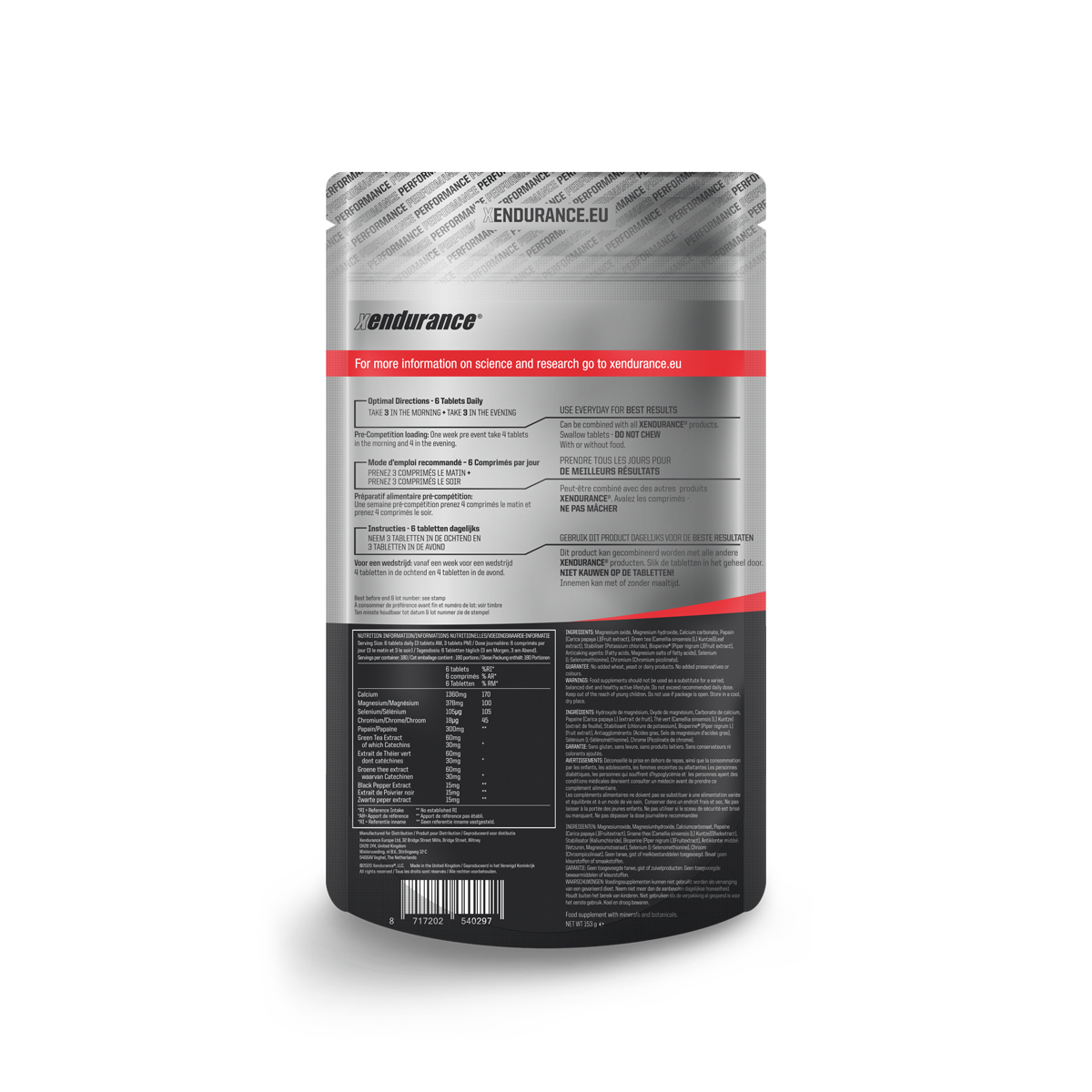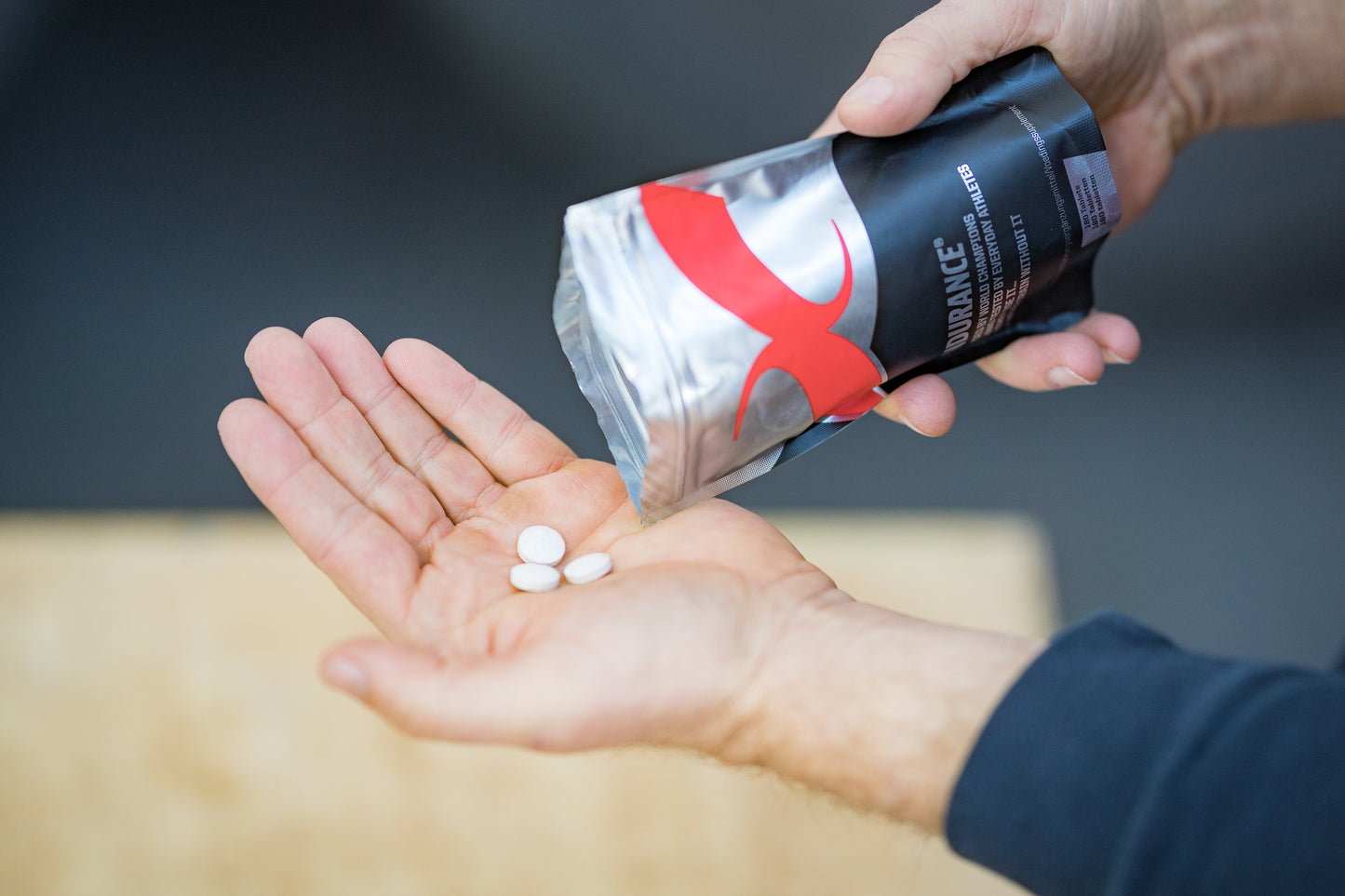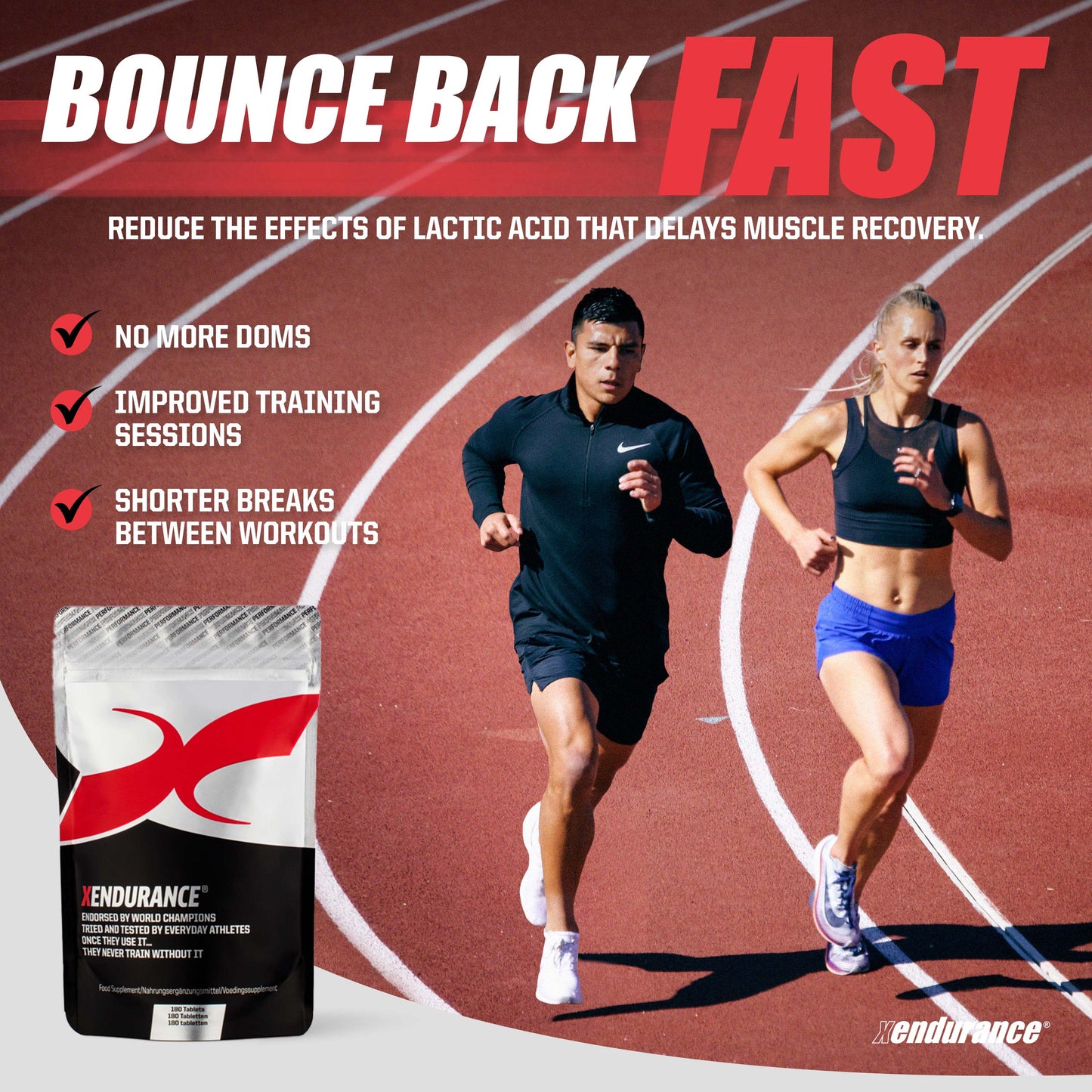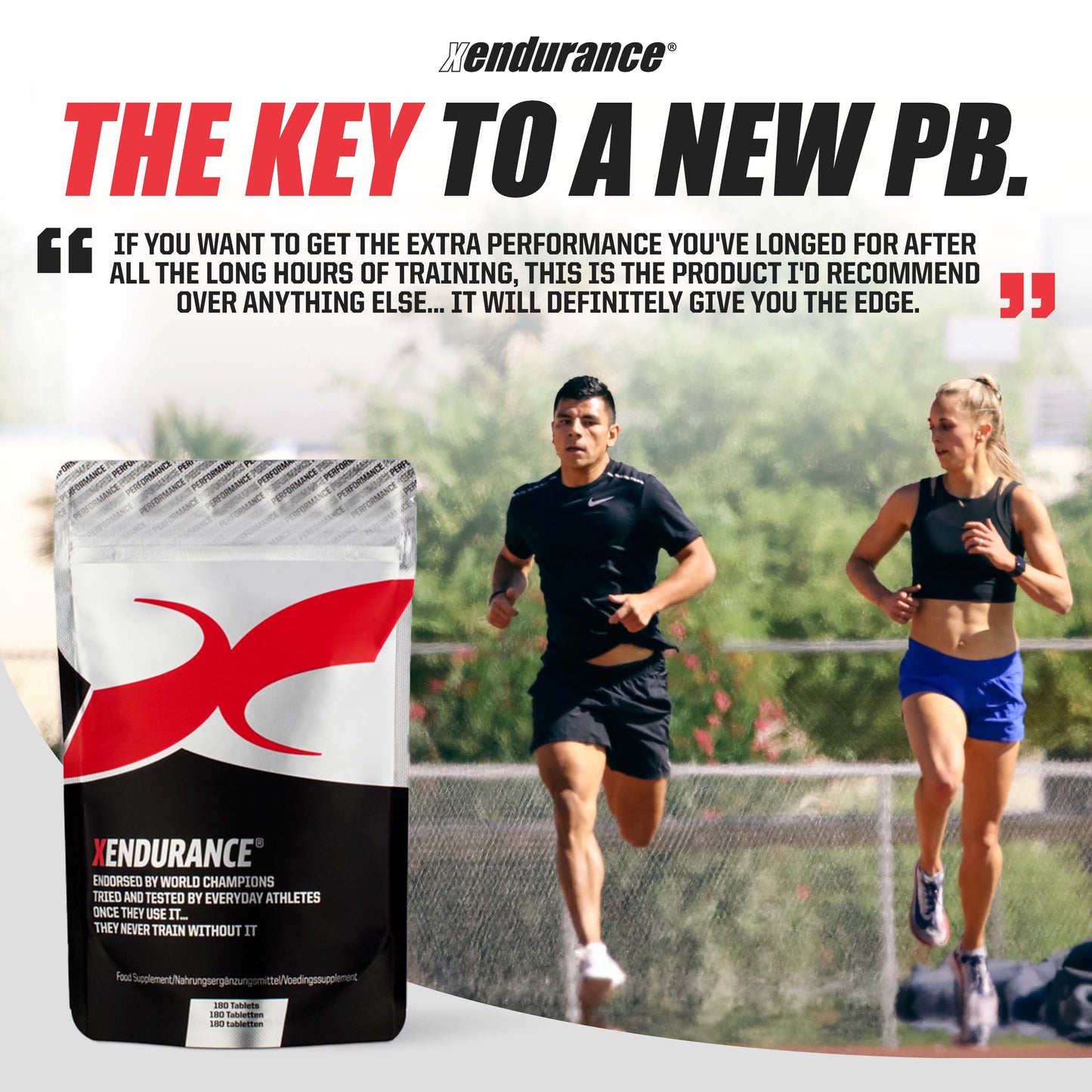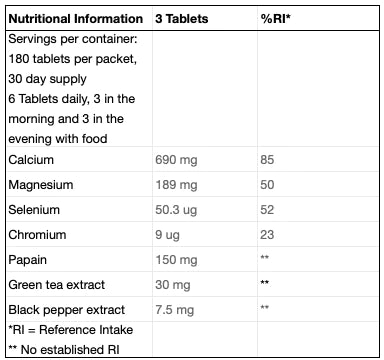Share
You’ve got a goal of running a half marathon this year. Whether it’s your first or you’re a veteran, nutrition will make a big difference to your training and recovery. Read on to learn how to fuel yourself for better training and enhanced recovery.
Half marathon training is different to other events and distances. This means the nutrition should also be different. This nutrition advice applies to anyone reading this, regardless of your target finish time.
What fuel does a half marathon use?
A half marathon will be ran using carbohydrates as the main fuel. Because the intensity is high, your body will be unable to use fat as fuel. Fat takes time to use as energy. It is stored away from muscles and takes time to be transported from storage to the muscles. This means you want to make your body good at using carbs as a fuel. The more often you allow your body to use carbs as fuel, the better it will get. Carbs are rapid release fuel. If you make your body good at using carbs, you release energy faster and with more energy comes more speed!
Your body cannot store much carbohydrate, unlike fat which can be stored in high amounts. Consequently you need to eat carbs in your diet throughout training. Events longer than 3 hours will exhaust carbohydrate stores. Some reading this may take longer than 3 hours to run their half marathon. If you are one of these my future article on ‘marathon nutrition’ will be of more relevance.
What should your plate look like?
We’ve established you need carbs to fuel your run. What should your diet look like? Your required carb intake is dependent on your body weight and the amount of training you are doing. See the table below.
To achieve this intake you will want carbohydrates with every meal. Good sources of carbs are potatoes, rice, bread, pasta, oats, cereal. It is worth taking notice of food packaging to calculate if you are having enough carbs with each meal. If you are feeling lethargic mid-session, fatigued, dizzy, nauseous, it could be a sign your carb stores are empty. If so include more carbs with each meal in the future.
You also want a decent protein intake. Although your goal is not body building, protein is needed for your muscle and tendon repair and keeping a strong immune system. You should aim for 1.5-2g of protein per kilo of body weight. Evenly distribute this through your day to keep a supply of protein delivered to your muscles.
Before sessions
You also want to top up your carb stores before your training session. 1-4 hours before your session have 1-4g of carbs per kilo of body weight. The time and amount depends on you and the session. If you have a delicate stomach have less, further away from the session. If it is a longer session you want more carbs to fuel it. You will have to learn what works for you specifically through trial and error.
You may find although you have eaten well just before a session, your energy drops quite quickly. A cause could be insulin. Insulin rises in response to eating and makes your body store carbohydrate. If you exercise while insulin is high, your blood sugars will drop doubly fast: your working muscles use blood sugar and insulin moves blood sugar into storage. To prevent this, try exercising sooner after eating when insulin hasn’t risen. Or wait longer to exercise so insulin has decreased again after eating. Everyone will react differently, so learn what works for you.
You also want to make sure you are hydrated before your training. Your blood is mostly water and if you are dehydrated your blood is thicker and harder to pump around your body. You can tell if you are hydrated by you urine colour. The darker your urine, the more dehydrated. Try drinking 500ml of water an hour before training. If your urine is still dark, or not needing to pee, drink another 500ml.
Exercising will hydrate you slightly during: each broken down sugar molecule releases 6 water molecules. This is one reason you sometimes suddenly need a wee during training. This isn’t enough water to prevent dehydration in long runs though.
During training
Do you need to eat and drink during half marathon training? This depends on the length of the session. If the session is over an hour I suggest you take on water and carbs during. Sports specific nutrition will be easier to digest. To make digesting water easier just drink sips at a time.
If running for longer than an hour, aim for 1g carbs per kilo of body weight per each hour and drink to match your sweat rate. I’ll cover this in more detail in a Half marathon performance nutrition article.
After training
Finally, you’ve finished your training session. What should you eat and drink now? Within 20 minutes of your session eat 20g of protein and 60g of carbohydrates. Blood supply is still high to the muscle immediately after training. This means nutrition can be delivered to the muscle easily to repair protein and replenish carb stores; increasing recovery.
Drink to match the amount of weight lost in sweat in the session. As a rule of thumb, for each kilo you lose in sweat through the session drink 1.5L of water.
Summary
- Before eat 1 – 4g carbs per kilo of body weight 1- 4 hours before training
- Before drink 500ml water 1 hour before training
- Eat during if session is longer than 1 hour, or you know you are dehydrated or low energy.
- After eat 20g of Protein and 60 Carbohydrate
Remember everyone is different. Some trial and error is required to discover what works for you. If multiple trials are still resulting in errors consider speaking to a Sports Dietitian for professional advice.
Written by: Sam Twine Qualified Sports Dietician, need a race nutrition plan or a diet plan to help you with weight loss? Contact Sam at samtwinesportsdietitian@gmail.com or check out his website here.
- Atwater, W., & Bryant, A. (1900). The availability and fuel value of food materials.
- Burke, L. M. (2021). Ketogenic low-CHO, high-fat diet: the future of elite endurance sport? Journal of Physiology, 599(3), 819–843. https://doi.org/10.1113/JP278928
- Hansen, E. A., Emanuelsen, A., Gertsen, R. M., & Raadahl Sørensen, S. S. (2014). Improved Marathon Performance by In-Race Nutritional Strategy Intervention. International Journal of Sport Nutrition and Exercise Metabolism, 24(6), 645–655. https://doi.org/10.1123/ijsnem.2013-0130
- Jeukendrup, A. (2018). Training the Gut for Athletes. Gatorade Sports Science Institute. https://www.gssiweb.org/sports-science-exchange/article/training-the-gut-for-athletes
- Lavoué, C., Siracusa, J., Chalchat, É., Bourrilhon, C., & Charlot, K. (2020). Analysis of food and fluid intake in elite ultra-endurance runners during a 24-h world championship. Journal of the International Society of Sports Nutrition, 17(1), 1–12. https://doi.org/10.1186/s12970-020-00364-7
- Newsholme, E. A., & Blomstrand, E. (2006). Branched-Chain Amino Acids and Central Fatigue. The Journal of Nutrition, 136(1), 274S-276S. https://doi.org/10.1093/jn/136.1.274S




